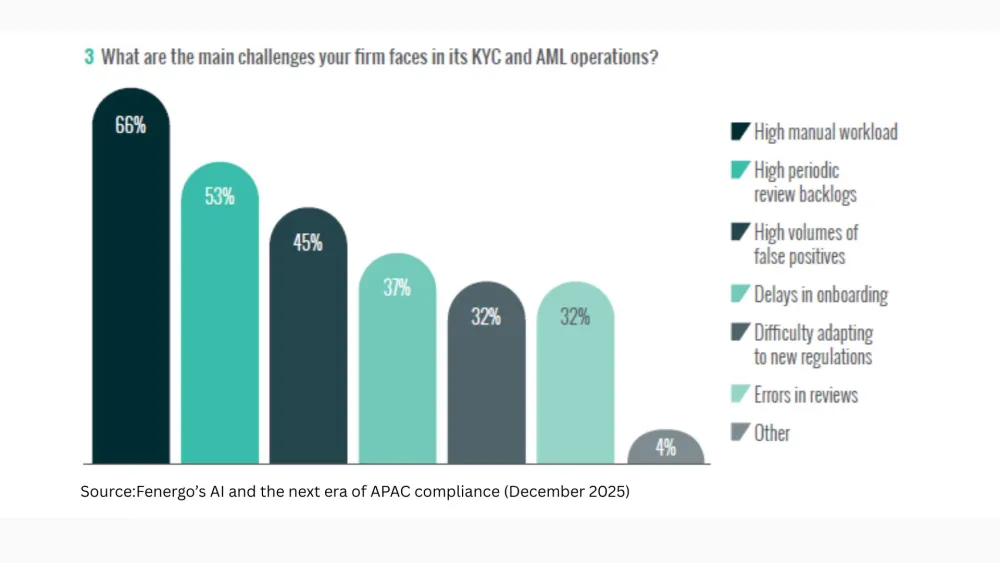
OCBC to triple quantum workforce to boost security
The Singapore bank expects significant tech advancements in the next five to 10 years.
Oversea-Chinese Banking Corp. Ltd. (OCBC) is tripling the number of workers in quantum computing as it tries to boost security using the technology that it expects to take off in as short as five years.
“The potential of quantum technology is twofold — it can enhance the protection of banking systems but can also render such protection useless if the technology is in the wrong hands,” Peter Koh, head of group technology architecture at OCBC, told Asian Banking & Finance.
“It is therefore essential for banks to not just explore and experiment with quantum technology, but to take charge of it,” he added.
The Singapore-based bank has been exploring quantum technology, when it outlined its quantum roadmap. Part of the plan is to establish a “quantum-ready workforce.”
“We intend to triple the number of employees who are of an intermediate proficiency level in quantum computing,” Koh said in an emailed reply to questions.
The roadmap also includes modernising the bank’s technology architecture and boosting its capabilities in blockchain and quantum computing.
“The timeline for quantum to become a mainstream technology in banking is still uncertain, but many experts believe that we could see significant advancements within the next five to 10 years,” he added.
Here are excerpts from the interview.
What are the possible uses of quantum computing? How does OCBC plan to use or is exploring the use of quantum in its banking systems?
Quantum security is a big aspect of quantum technology. We recognise this and this is why we are partnering with Singtel, becoming the first financial institution to trial the use of Singtel’s quantum-safe network. Singtel’s quantum-safe network uses quantum key distribution and advanced encryption algorithms to protect the network from quantum threats.
We have also signed a memorandum of understanding with the Monetary Authority of Singapore (MAS), along with other banks, to collaborate on quantum security and study the application of QKD (quantum key distribution) in financial services. Additionally, we are partnering with institutes of higher learning to explore quantum computing applications in pricing models and fraud detection.
What risks should be addressed before adopting quantum computing?
Specific to the technologies surrounding quantum computing, several key risks need to be addressed. These include the challenges associated with error-corrected qubits to improve the reliability of quantum computations, entanglement-based QKD protocols and further refinements needed for the implementation of post-quantum cryptography.
There could also be regulatory challenges. Although standards like ETSI (European Telecommunications Standards Institute) exist, the lack of established certifying bodies hinders our ability to scale the procurement of quantum hardware effectively. A gradual approach will enable us to navigate these uncertainties.
How might quantum influence the competitive landscape in banking?
Many experts predict seeing a fully fault-tolerant quantum computer by 2035. Should that happen, McKinsey estimates quantum computing could create $798b (US$594b) in value for the finance industry if utilised to improve existing processes and for transformative use cases. Collaboration initiatives with institutes of higher learning, fintechs and government incentives continue to play a pivotal role, especially for smaller financial institutions, to enable adoption.
What are the ethical considerations?
Quantum technology is essential for enhancing the bank's security and protecting customers. It can revolutionise portfolio and risk management, particularly in trade finance and collateral optimisation, due to the high value and complexity involved. However, quantum technology also poses a cybersecurity risk by potentially breaking current cryptographic encryption. Therefore, we are actively exploring quantum computing applications in cryptography to protect customer data from future quantum threats.
How do you expect regulation to change?
Given that the technology is rapidly advancing, regulators could play a critical role to support the adoption of quantum computing by financial institutions. MAS issued an advisory in February 2024 that warned financial institutions about cybersecurity risks associated with quantum technology and offered guidance on mitigating the identified risks. Such guidance is necessary to enable financial institutions to capitalise on this technology.
Do countries have the infrastructure for it?
Quantum technology is still developing, and the understanding of it is growing. While a few countries have established quantum infrastructure, global deployment and commercialisation remain challenging. Advanced capabilities are mainly found in the US, Europe, and select Asian nations like Singapore.



















 Advertise
Advertise












